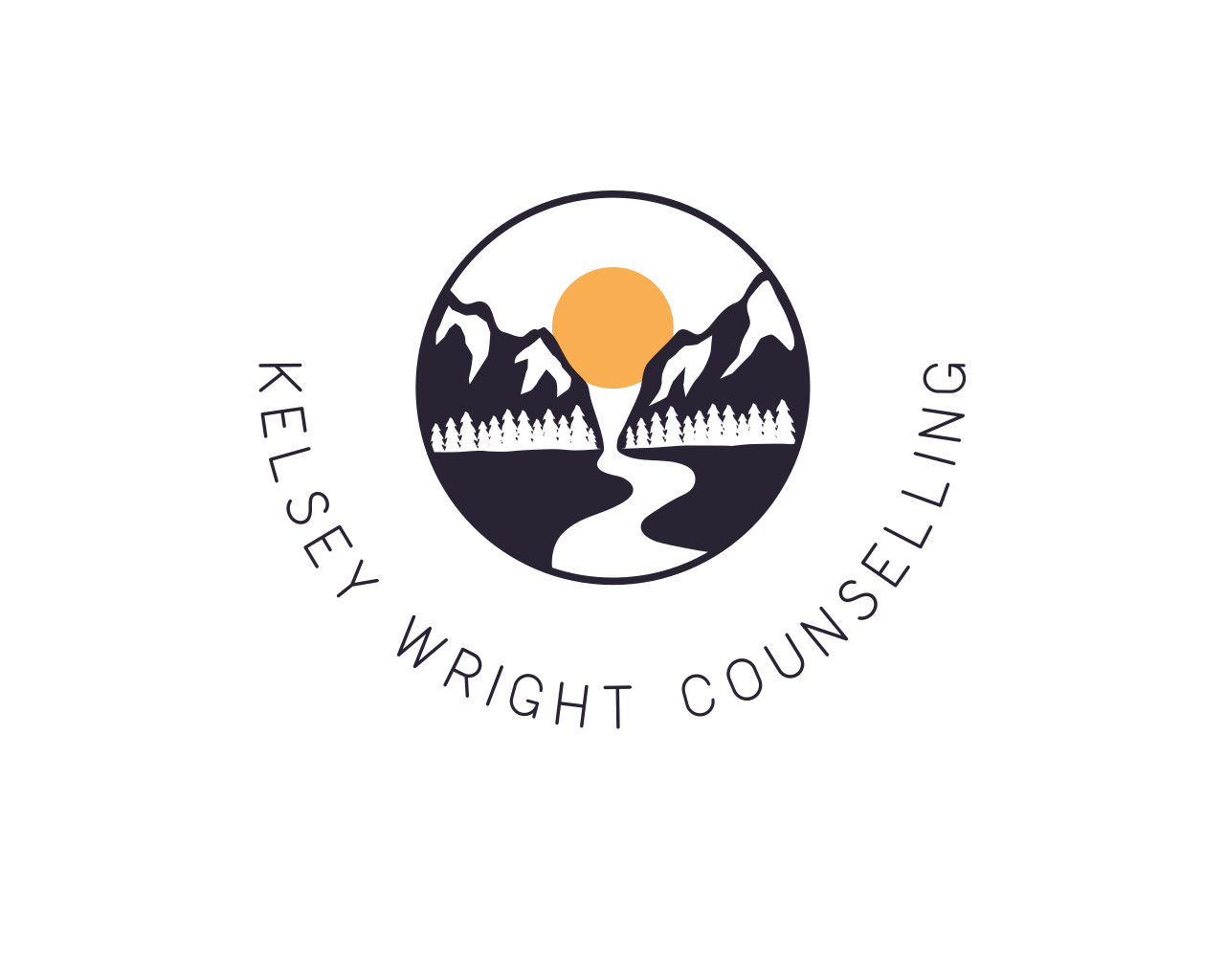Finding Steadier Ground in Squamish: EMDR, Somatic Therapy, and Parts Work for Real-Life Stress & Trauma
How I Work: A Slow, Steady Approach to Deep Change
My counselling style is grounded and collaborative. I don’t push people into emotional territory before they’re ready, but I also don’t avoid the deeper layers when they naturally come up.
Most of our work involves gently exploring how old experiences and beliefs are influencing what’s stressful today. Together, we get curious about the “why,” not just the “what.” This creates space for real shifts—not by forcing change, but by understanding what’s been in the way.
Here’s what that work can look like:
EMDR Therapy in Squamish
EMDR helps process painful memories, emotional triggers, or beliefs that feel stuck.
It can be especially helpful for:
Complex trauma
PTSD
Anxiety and panic
Addiction patterns
Low self-worth
EMDR doesn’t require retelling every detail of your story. Instead, it helps your nervous system reprocess experiences so they no longer carry the same charge.
Somatic Therapy
Most people know what they think about their struggles. Somatic work helps us understand what the body knows.
Using breath, grounding, and gentle awareness, we explore:
Where stress lives in the body
Fight/flight/freeze patterns
What the nervous system needs to feel safe and regulated
This approach is especially supportive for people who feel overwhelmed, disconnected, or “frozen.”
IFS / Parts Work
IFS is based on the idea that we all have different “parts”—protective parts, wounded parts, reactive parts, and deeply authentic parts that we’re often disconnected from.
This work helps you:
Understand why certain behaviours (like overworking or substance use) show up
Build compassion for parts of you that feel ashamed, afraid, or isolated
Move toward a more grounded and authentic sense of self
It’s not about fixing you. It’s about getting to know yourself more deeply.
Counselling for Addiction & Substance Misuse
Substance use often develops as a way to manage overwhelming emotions, stress, trauma, or loneliness.
I work with people to understand the needs underlying the behaviour—not to judge or shame them.
We explore:
What the substance is helping with
What parts of you feel soothed, numbed, or protected
How to create safety and stability without losing connection or control
Recovery isn’t linear, and you don’t have to navigate it alone.
A Chance to Slow Down—Maybe For the First Time in a Long Time
Squamish culture can make it feel like stopping—really stopping—isn’t an option. There’s always another trail to run, another climb to project, another work task to finish.
But therapy offers something different:
A place where you can pause, breathe, and listen to what’s been waiting for your attention.
You don’t have to push through everything.
You don’t have to shoulder it all.
And you don’t have to be in crisis to seek support.
If you’re feeling stuck, overwhelmed, disconnected, or simply ready to understand yourself more deeply, counselling can be a steady place to begin.






